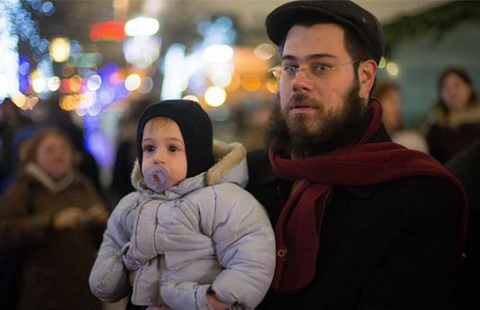Film too rude and crude for Asian tastes
By Philip J. Cunningham (China Daily) Updated: 2014-12-23 08:15The Interview may be a joke of a film, but the Sony hacking incident, and escalating war of words between detractors of the Democratic People's Republic of Korea leader Kim Jong-un and the reportedly pro-Kim hackers, are deadly serious matters.
The United States is rightly proud of its tradition of free speech and Hollywood filmmaking. But to put a lame, zany ill-conceived comedy film on the frontline of a trumped-up battle to preserve Western values is a bit like backing Bozo the clown and refusing to back down. It suggests Hollywood can do no wrong. It echoes the one-sided nationalism that has recently been invoked in defense of the CIA's indefensible torture tactics; admit no wrong, if we do it, it cannot be bad.
Hollywood hardly holds the high moral ground; it has a rich history of self-censorship, pandering to vested interests and playing to power. Sony Executive Amy Pascal is no exception; she has vowed never to work with Mel Gibson after his drunken outburst against Jews, for which he later apologized, yet her reputation now rests on her decision to give the green light to a nasty, racist film written by a comic team looking for quick bucks and cheap laughs.
The climax scene in Seth Rogan's The Interview, in which an explosive projectile strikes the DPRK leader in the head, is not only not art, it also constitutes a kind of hate speech which would be fiercely contested if the object of the on-screen killing were a standing leader of the US or an ally.
The Sony hacks are unprecedented, but it is ludicrous to see them as an act of war as suggested by radio shock jock Howard Stern, and right-leaning America-firsters. The financial damage to Sony is real, and mounting, and it raises vexing issues of how to balance privacy and journalists' right to publish leaked documents and a host of other digital age conundrums that will be discussed for years to come.











